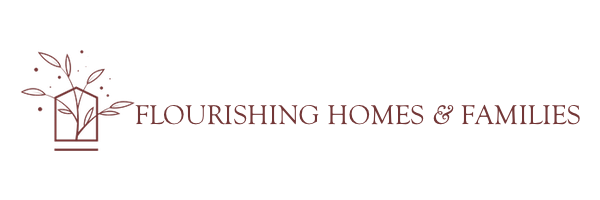Typical Age-Specific Patterns
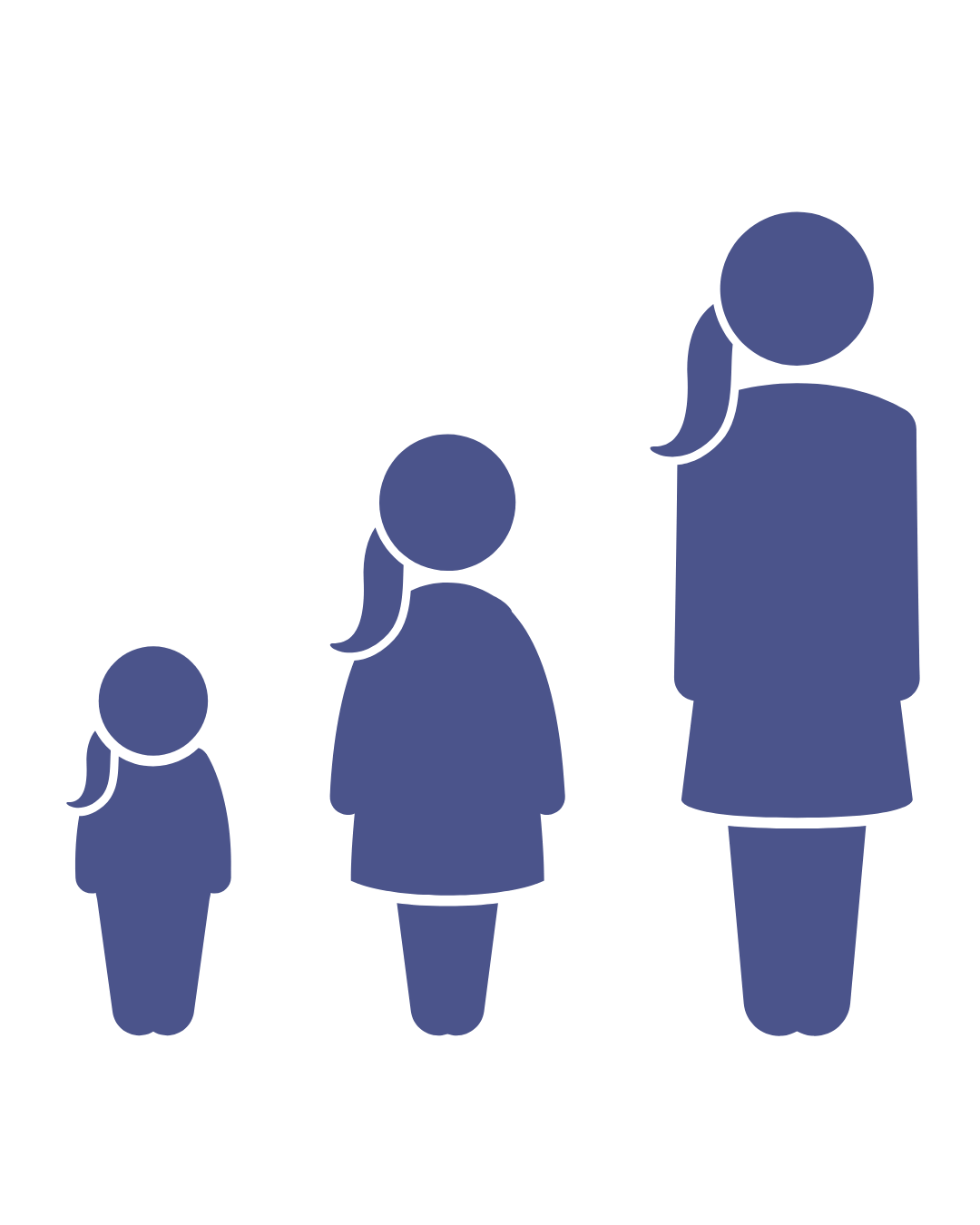
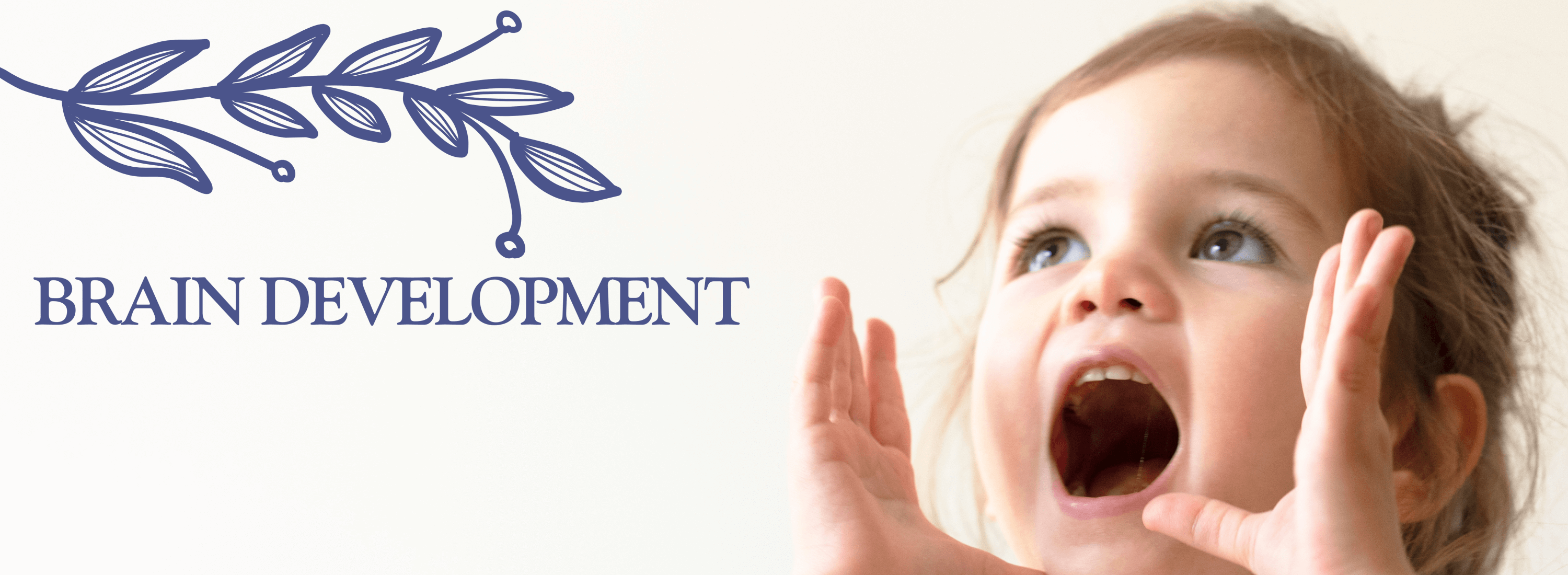
This time in a child’s life they are going through a lot of changes physically–much like babies– and this means that for kids on the younger side of toddlerhood they are still learning new skills such as balance, coordination, and basic language. Along with this they are likely to struggle with frustration yet also seem to bring that frustration on themselves when they see they aren’t capable of what they want to do all by themselves.
Children at this age are really wanting to use their new found language skills but can certainly lack the tact and wisdom necessary to do so in a way that is kind and respectful to others. And while peace can be practiced, it is not uncommon for toddlers to sound quite rude and demanding when they’re trying to communicate, especially when there is a task at hand.
A toddler’s attitude toward people during these years really takes quite a few turns. You may notice one day that your three year old is excited to share with others and enjoys saying “yes!” to new ideas, and then notice over a few weeks or months that the same child develops intense disequilibrium and insecurity for a season. There is SO much going on developmentally in their brains that it often demonstrates itself in a lack of coordination or intense, unpredictable emotional meltdowns. They may seek tensional outlets that are really hard to work through for both child and parents alike. However, these bouts of big feelings are part of the larger picture of their social and emotional growth. You can look forward to really witnessing how their brains are working (since they’re able to verbalize their thoughts and feelings), and embrace their emerging, unique personalities. It’s a season of ups and downs, and having realistic expectations for toddlers can make a significant difference in your ability to appreciate them for the special little people that they are.

NURTURING BRAIN DEVELOPMENT
At this age is it really important to focus less on what they are doing that is challenging your patience and more on identifying the skills that they need to more successfully navigate conflicts and challenges. This may look like:
- Being really intentional to name emotions on a broader scale than happy or sad
- Educating yourself on impulse control and how/when it develops
- Using play to help begin making the connections in their brain that will be necessary as impulse control begins to develop
- Offer do-overs
- Use books and story-telling as teaching methods
- Hold on to your calm
- Learn how to manage your own triggers and model that in a genuine way
- Practice your own responses to behaviors that continuously trigger you so that you can be prepared
COMMON BEHAVIORS
- Easily frustrated
- Treats people and animals as objects without thinking through their acting–i.e. Hitting, biting, pushing
- Younger toddlers not easily motivated by words
- Seeking to test physical boundaries– i.e. climbing big heights
- Seemingly rigid and inflexible while feeling all feelings to the max
- Use of tensional outlets– i.e. nail biting, nose picking, grabbing genitals, facial tics, thumb sucking
- Practicing language and assertiveness on adults with commands like “don’t talk!” “don’t come!” “don’t laugh!”
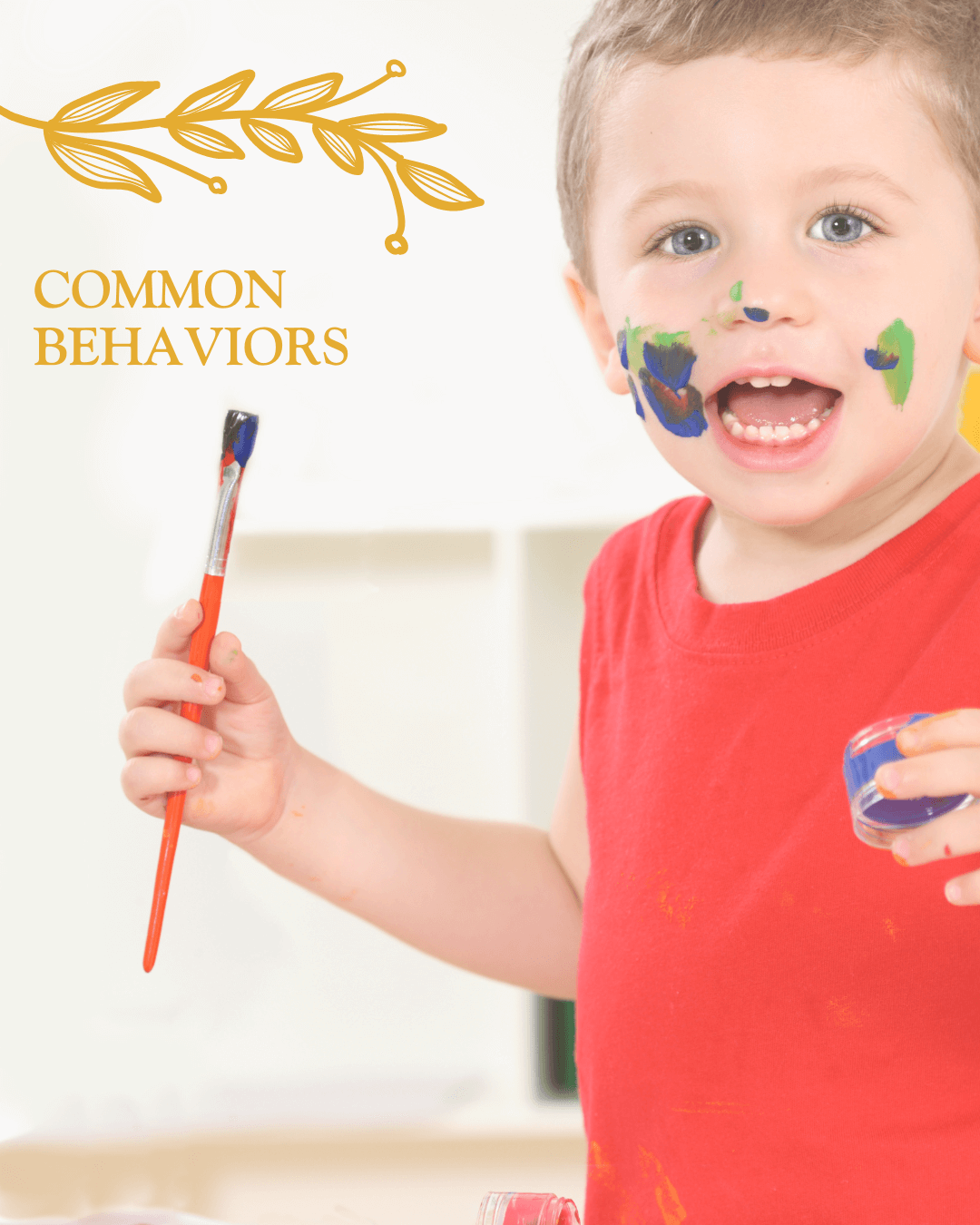
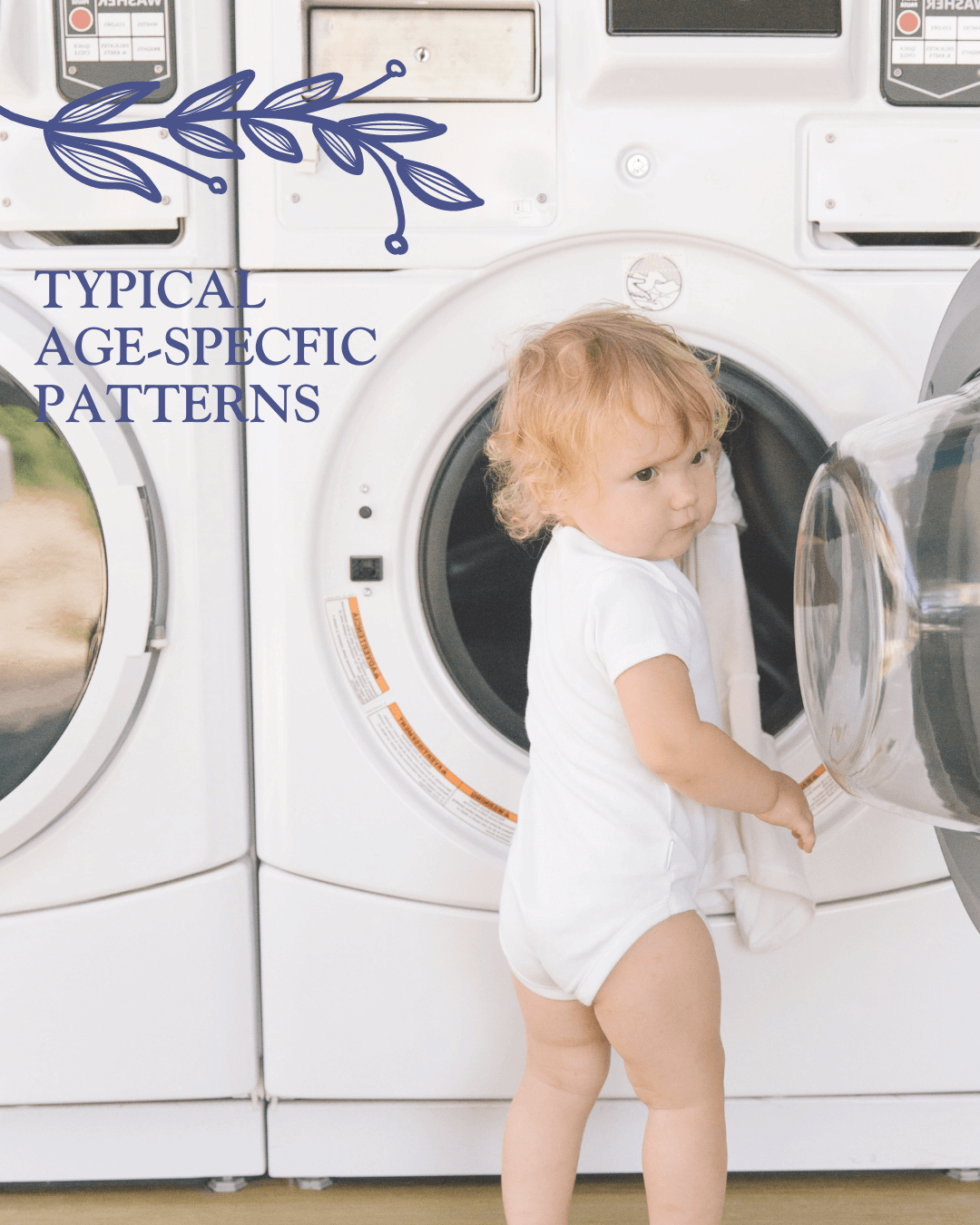
TYPICAL AGE-SPECIFIC PATTERNS
18 Months: The Beginning of Independence
- At 18 months, behaviors commonly associated with the "terrible twos" may begin.
- Children may start doing the opposite of what their parents ask, using the word "no" frequently.
- They may exhibit frustration easily and engage in behaviors like hitting or biting without remorse.
- Vocabulary is increasing, but their understanding is still limited.
- Tantrums may occur suddenly and frequently, requiring physical outlets for their energy.
2 Years: Growing Coordination and Language Skills
- Between 2 and 3 years old, children become less easily frustrated, partly due to improved language skills.
- They become more coordinated, with better balance and motor skills.
- Their tolerance for frustration increases, and they begin to understand the concept of pleasing others.
- While still unable to authentically share, they can offer substitutes to peers.
2.5 Years: Increased Intensity and Rigidness
- Around 2.5 years old, children enter a challenging phase marked by rigidity and impatience.
- They become more demanding and inflexible, craving routine and control.
- "No" becomes a favorite word as they assert their independence.
- Emotions are experienced intensely, leading to energetic and enthusiastic behavior.
3 Years: Cooperating and Conforming
- At 3 years old, children enjoy cooperating, sharing, and making friends.
- They feel more secure in relationships and show increased motor skills and vocabulary.
- Exciting new words motivate them, and they are ready for new adventures.
3.5 Years: Intense Insecurity and Emotional Struggles
- Around 3.5 years old, children may experience intense insecurity and emotional struggles.
- They may exhibit uncoordinated movements and speech, along with increased emotional insecurity.
- Tensional outlets such as nail biting or thumb sucking may increase, and they may demand attention from adults.
- Emotional insecurity affects their relationships with friends, leading to jealousy and oscillations between shyness and overbearing behavior.
RETURN TO TOP
Looking for peace and purpose in parenting your toddler?
As Christian parents, we're constantly seeking peace and harmony in our parenting journey. But toddlers are famous for their uninhibited emotions. From joy to meltdowns, toddlers experience life at the absolute max and for parents, peace and harmony can seem like a distant dream. What does it look like to cultivate peace in a home where tiny tornados leave their mark everywhere they go? Discover the transformative power of Peacemaker Parenting with our exclusive workshop focused on toddlers.

